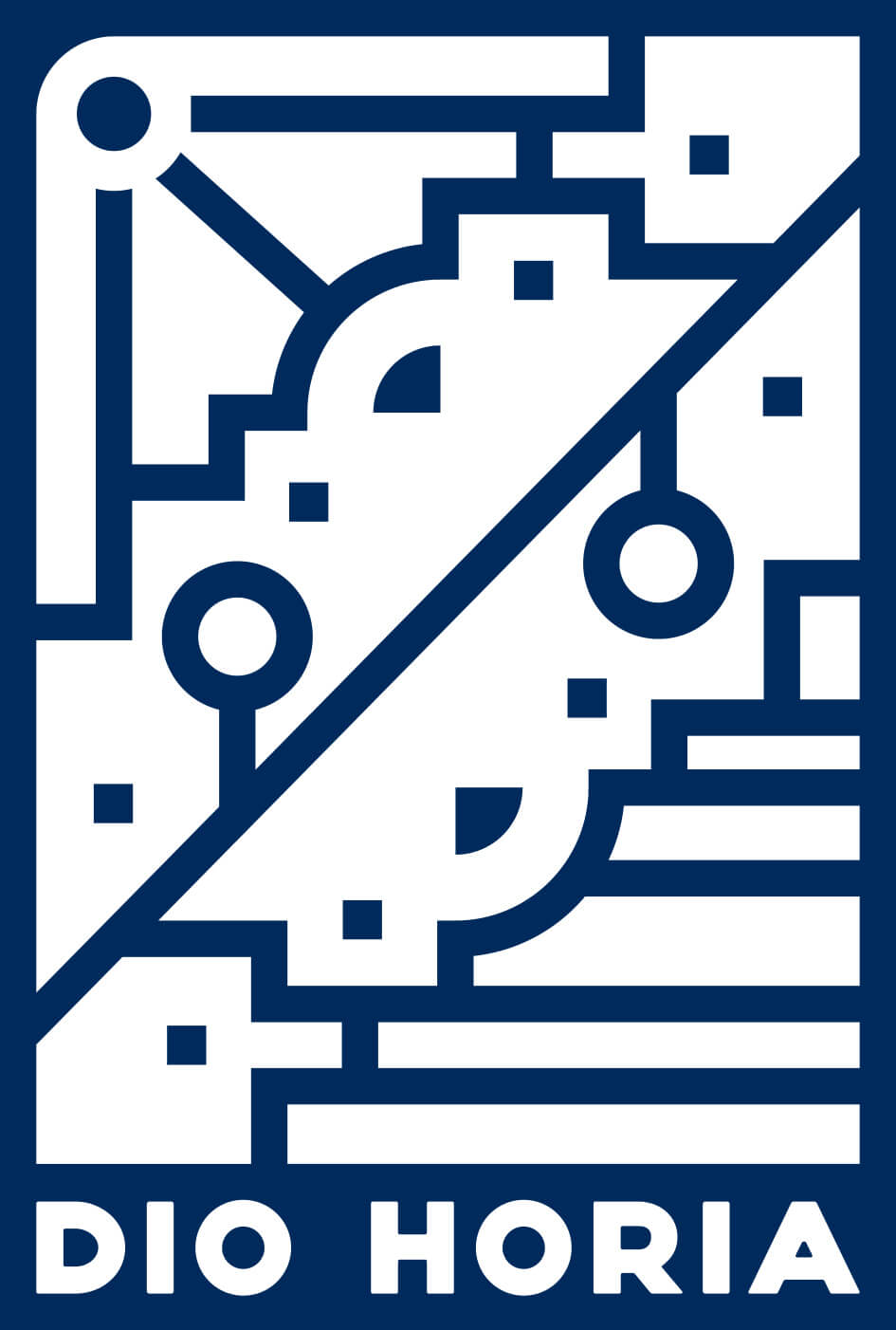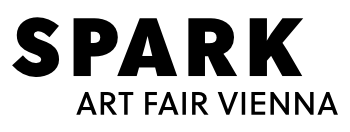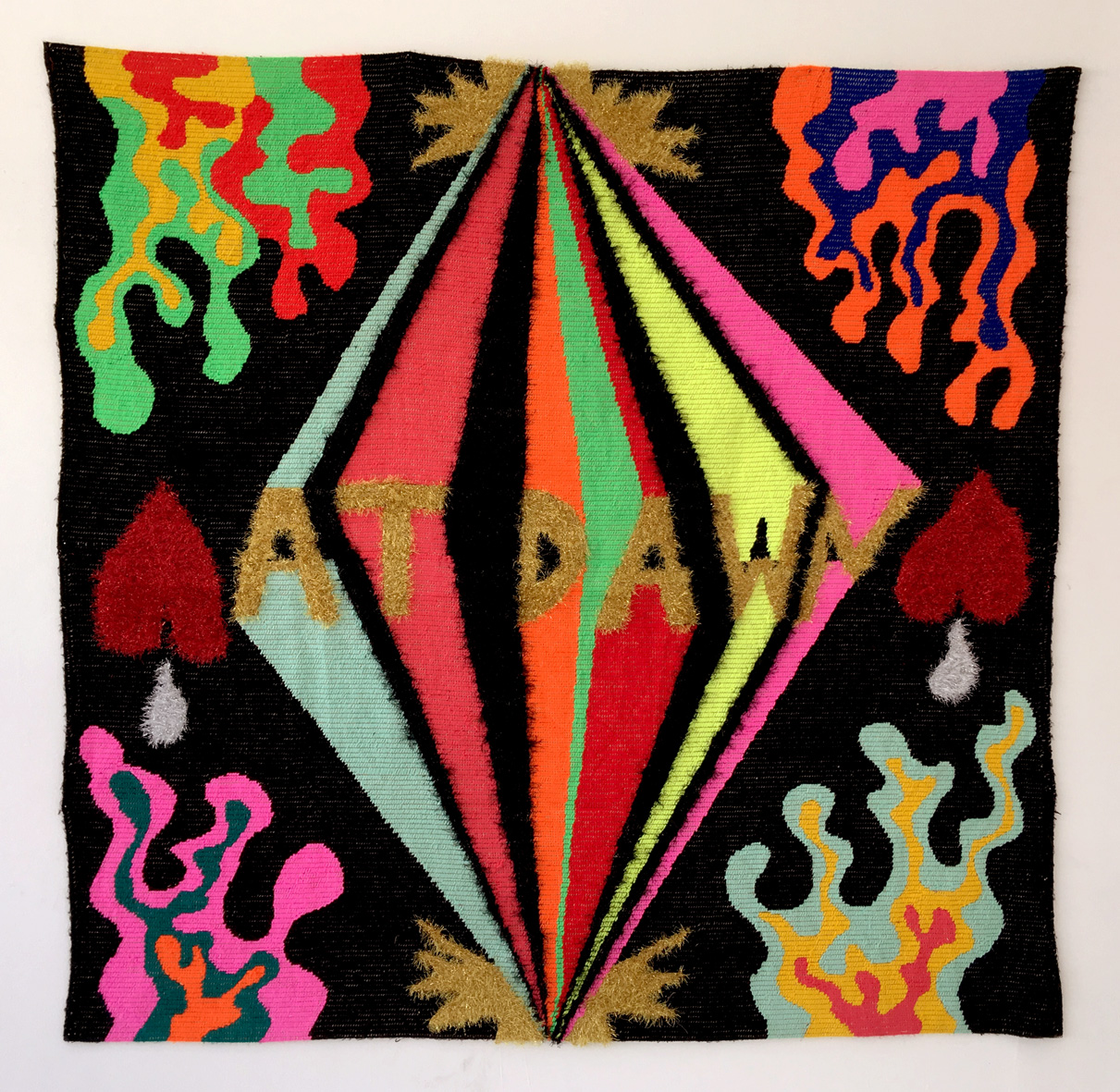Dio Horia
Biography
The Callas (Lakis Ionas b. 1974, Aris Ionas b. 1975, Greece) live and work in Athens, Greece. The duo received an MA in Fine Arts from Chelsea College of Art & Design, London, UK in 2001. Selected shows include: New Museum (NY), Stegi | Onassis Foundation (Athens), DESTE foundation (Athens), Benaki Museum (Athens), Documenta 14 (Athens), Palais de Tokyo (Paris), Family Business (NY), Athens Biennial (Athens), Andreas Melas Projects (Athens), State Of Concept (Athens), The Breeder (Athens), Kustera Projects (NY), Atopos CVC (Athens), Yinka Shonibare Space (London). The Callas have collaborated with Lee Ranaldo (Sonic Youth) and Jim Sclavunos (Nick Cave and The Bad Seeds) on music albums and live performances. Their inaugural feature film, „LUSTLANDS“ (HAOS film), premiered at the 7th Athens Avant-Garde Film Festival, while their second film, „The Great Eastern,“ was filmed at DESTE’s foundation project space, Slaughterhouse in Hydra, and made its debut at the Onassis Foundation – Stegi, later being screened at Documenta 14. Their third film, „SICK,“ had its premiere at the Thessaloniki International Film Festival. Their live performances have taken them to renowned festivals, including the Liverpool Psychedelic Festival in Liverpool, The Great Escape Festival in Brighton, Reeperbahn Festival in Hamburg, Indietracks Festival in Derby, and Indigenes Festival in Nantes. They’ve shared the stage with notable artists such as Thurston Moore, The Brian Jonestown Massacre, Ty Segall, and Grinderman. Furthermore, their studio space going by the name Velvet Room, is one of the most active D.I.Y. cultural spaces/ collectives in the historical center of Athens.
Dio Horia
Dio Horia in Athens, Greece, is a gallery for contemporary art and culture, founded in 2018 by Marina Vranopoulou, General Coordinator @ DESTE Foundation in Hydra and Contemporary Art Curator.
Back in 2015, Dio Horia started as a non- commercial Art Platform, reacting to the commodification of the island of Mykonos. Artists, who had not yet exhibited in Greece, were invited to study the ‚topos‘ and then create in-situ projects and publications.
By 2018, Dio Horia Platform became an Art Gallery and timidly started participating in International Art Fairs adhering to one strict premise: always present previously unknown artists that most of the times the gallery has discovered from scratch, and that all come from small peripheral countries, historically connected to Greece, Greek history, and Greek culture. Maja Djordjevic, Hulda Guzmán and Amir H. Fallah are just a few of the artists that Dio Horia first represented.
Αn all-year-round programme in Athens was only introduced in 2020; however, it was in the year 2022 that Dio Horia Gallery inaugurated an institutional space in the centre of Athens right next to the Acropolis Museum, in the place of a 4th c. AD villa urbana of the Late Antiquity, once again going back to the Greek roots, back to the fountain of creativity.
In this space, the Gallery entertains a desire to revisit the past and unleash inveterate institutional art conventions, by focusing on post digital art, queer art, female empowerment, new technological media, ‘do it yourself’ trainings and all that is current and relevant.

+30 210 9241382
Christina Makri
+30 210 9241382
Biography
The Callas (Lakis Ionas b. 1974, Aris Ionas b. 1975, Greece) live and work in Athens, Greece. The duo received an MA in Fine Arts from Chelsea College of Art & Design, London, UK in 2001. Selected shows include: New Museum (NY), Stegi | Onassis Foundation (Athens), DESTE foundation (Athens), Benaki Museum (Athens), Documenta 14 (Athens), Palais de Tokyo (Paris), Family Business (NY), Athens Biennial (Athens), Andreas Melas Projects (Athens), State Of Concept (Athens), The Breeder (Athens), Kustera Projects (NY), Atopos CVC (Athens), Yinka Shonibare Space (London). The Callas have collaborated with Lee Ranaldo (Sonic Youth) and Jim Sclavunos (Nick Cave and The Bad Seeds) on music albums and live performances. Their inaugural feature film, „LUSTLANDS“ (HAOS film), premiered at the 7th Athens Avant-Garde Film Festival, while their second film, „The Great Eastern,“ was filmed at DESTE’s foundation project space, Slaughterhouse in Hydra, and made its debut at the Onassis Foundation – Stegi, later being screened at Documenta 14. Their third film, „SICK,“ had its premiere at the Thessaloniki International Film Festival. Their live performances have taken them to renowned festivals, including the Liverpool Psychedelic Festival in Liverpool, The Great Escape Festival in Brighton, Reeperbahn Festival in Hamburg, Indietracks Festival in Derby, and Indigenes Festival in Nantes. They’ve shared the stage with notable artists such as Thurston Moore, The Brian Jonestown Massacre, Ty Segall, and Grinderman. Furthermore, their studio space going by the name Velvet Room, is one of the most active D.I.Y. cultural spaces/ collectives in the historical center of Athens.
Dio Horia
Dio Horia in Athens, Greece, is a gallery for contemporary art and culture, founded in 2018 by Marina Vranopoulou, General Coordinator @ DESTE Foundation in Hydra and Contemporary Art Curator.
Back in 2015, Dio Horia started as a non- commercial Art Platform, reacting to the commodification of the island of Mykonos. Artists, who had not yet exhibited in Greece, were invited to study the ‚topos‘ and then create in-situ projects and publications.
By 2018, Dio Horia Platform became an Art Gallery and timidly started participating in International Art Fairs adhering to one strict premise: always present previously unknown artists that most of the times the gallery has discovered from scratch, and that all come from small peripheral countries, historically connected to Greece, Greek history, and Greek culture. Maja Djordjevic, Hulda Guzmán and Amir H. Fallah are just a few of the artists that Dio Horia first represented.
Αn all-year-round programme in Athens was only introduced in 2020; however, it was in the year 2022 that Dio Horia Gallery inaugurated an institutional space in the centre of Athens right next to the Acropolis Museum, in the place of a 4th c. AD villa urbana of the Late Antiquity, once again going back to the Greek roots, back to the fountain of creativity.
In this space, the Gallery entertains a desire to revisit the past and unleash inveterate institutional art conventions, by focusing on post digital art, queer art, female empowerment, new technological media, ‘do it yourself’ trainings and all that is current and relevant.

